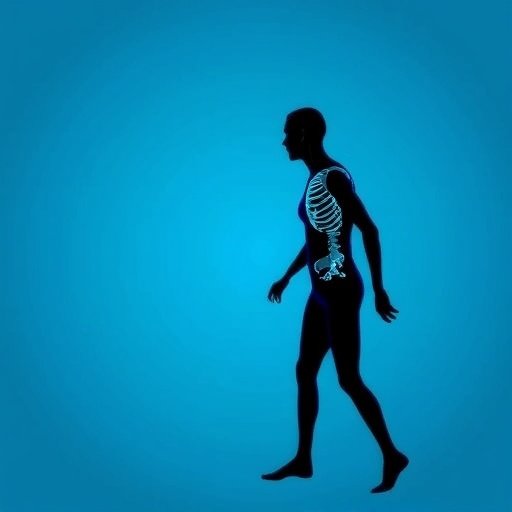
Improving lifestyle factors such as diet, physical activity and sleep can help bridge the current 13-15 year reduction in life expectancy in people with mental illnesses, says P.S. Indu, a member of the Lancet Psychiatry Commission.
| Photo Credit: Getty Images/iStockphoto
Mental health services should focus on lifestyle interventions to improve the physical health of the mentally ill because physical health conditions are responsible for 70% of the deaths of people with severe mental illness, according to a new Lancet Psychiatry Physical Health Commission report.
The report, ‘Implementing lifestyle interventions in mental health care’, prepared by a group of 30 experts from 19 countries, recommends that rather than just drug-based therapy, physical interventions to improve the four modifiable pillars of lifestyle – physical activity, nutrition, smoking cessation and sleep – are the key to improving mental health as well as physical health.
“This is especially relevant for mental health services in resource-poor settings like ours where we seldom look beyond medications and counselling services to address mental health issues. The cardiometabolic risk factors in those with mental illnesses are at least 1.4 to two times higher than people without mental illnesses. Our research evidence shows that investing in improving these metabolic risk factors like diet, physical activity and sleep can bridge the current 13-15 year reduction in life expectancy in people with mental illnesses,” says P.S. Indu, a member of the Lancet Psychiatry Commission and co-chair of the Global South Advisory Group. Dr. Indu is currently the Principal of Kasaragode Government Medical College.
Systematic changes
In 2019, The Lancet Psychiatry Commission established that people with mental health issues face significant health inequalities, with regard to their physical health. It said that individuals with mental illness have a higher lifelong risk of obesity, diabetes and cardiovascular diseases which reduced their lifespan by up to 20 years and urged for systemic changes to reduce these preventable health disparities.
The latest 2025 report thus builds on the findings of the Lancet Psychiatry 2019 report.
Many people living with mental health issues face barriers when it comes to being physically active or following a good diet. The side effect of the psychotropic drugs they are on makes them more vulnerable to weight gain and consequential metabolic syndrome, which impacts their mental health further. Lifestyle interventions addressing these metabolic risk factors are central to their well being and should thus be included as crucial adjuvant therapies to medication and psychological therapy. This means that health systems should remodel its mental health services, train healthcare personnel to implement these interventions and create adequate support systems for those with mental illnesses to enable these changes, Dr. Indu says.
The researchers reviewed 89 lifestyle intervention studies targeting physical activity, nutrition, smoking and sleep and 18 meta analyses to determine the most effective approaches.
Applicable to diverse settings
It makes eight recommendations and lists 19 priorities for action, reviewed by people with lived experience and a Global South Advisory Group (14 experts from lower income or conflict-affected countries) to ensure that these could be adapted across diverse settings.
One of the main recommendations is that monitoring of physical health parameters should be early, routine and ongoing, alongside the treatment of mental health issues. Patients should be given comprehensive physical health check up before the start of psychiatric medication, continuously monitored and offered appropriate treatment.
The commission report essentially calls for health system reformation, better coordination between primary, secondary and tertiary levels of care, training and equipping mental health services providers and support staff so that lifestyle interventions can be integrated into all existing services and care models, says Dr. Indu .
“In Kerala, where we are working with limited funds and human resource, posting exercise physiologists or dieticians might not be immediately feasible. We will have to focus on re-training all our healthcare personnel so that the core principle that physical well being is central to mental well-being is prioritised in all our mental health initiatives like ‘Aswasam’ and “Amma Manassu’,” she says.
While stressing on lifestyle interventions, the commission report also points to the key critique that lifestyle interventions emphasise individual behaviour change (diet, exercise, and stress management) while underestimating structural barriers, such as poverty, education, housing, and systemic inequalities that profoundly affect health.
Lifestyle interventions should be considered alongside upstream factors such as income inequality, unsafe neighbourhoods, food insecurity and a lack of access to health care, which substantially influence health behaviours, it concludes.
Published – August 19, 2025 05:00 pm IST







